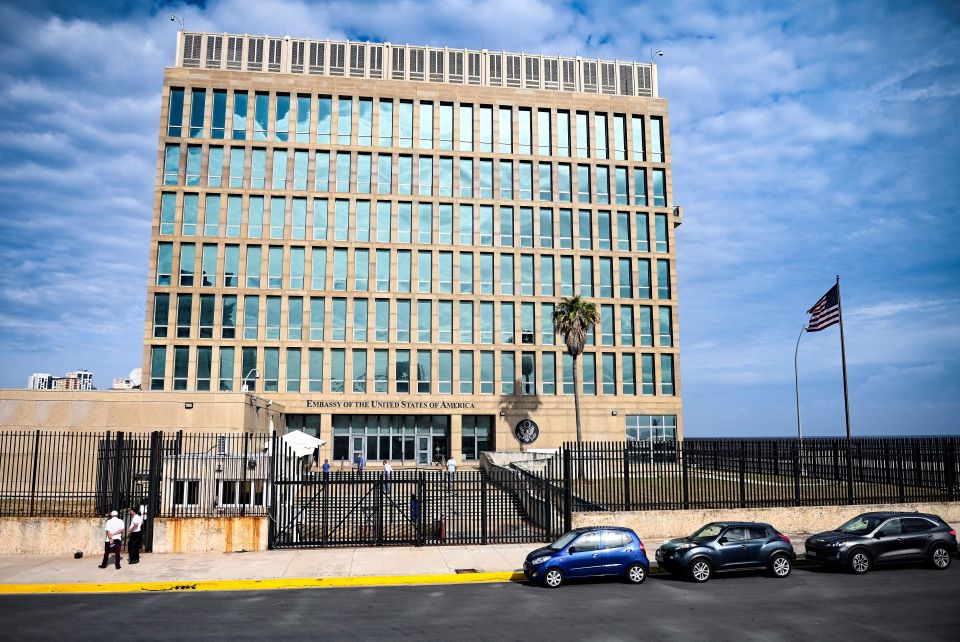- The US Embassy in Cuba will resume processing immigrant visas in Cuba in 2023 to discourage irregular migration
The Joe Biden administration will fully resume immigrant visa processing at the US embassy in Havana in early 2023, as part of an effort to discourage irregular immigration from Cuba, which has seen record numbers of its citizens arriving undocumented at the US-Mexico border over the past year, officials announced Wednesday.
When the policy change takes effect, Cubans sponsored by their relatives in the US will no longer need to travel to Guyana to meet with US consular officials, one of the required steps in the immigrant visa process. Instead, all Cubans applying for visas to come to the United States will undergo these interviews at the embassy in Havana.
In parallel, the Citizenship and Immigration Services (USCIS) are increasing their staff in Havana to process pending cases “effectively and efficiently” and conduct interviews.
On September 1, the United States embassy in Cuba began processing pending applications for the Cuban Family Reunification Parole Program (CFRP,), suspended since 2017.
The program was initially launched in 2007 under the mandate of President George W. Bush (2001-2009) and provides a legal way for Americans and legal residents in the US to claim their relative in the territory of Cuba.
The program was suspended ten years later by the Donald Trump Administration (2017-2021).
In its statement this Wednesday, the US government explained that these efforts are “a key step” to fulfill the commitment made by the US under the Migration Agreements with Cuba to guarantee that full legal migration from the island to Cuban territory is a minimum of 20,000 Cubans each year, not including direct relatives of US citizens.
And he pointed out that the State Department continues to evaluate further expanding its visa services in Havana if conditions allow.
Since the arrival of Joe Biden to the Presidency, the US embassy in Havana resumed the issuance of visas for migrants last May after a four-year pause.
In addition, his government suspended the $1,000 quarterly limit on remittances and authorized group trips to make contact with the Cuban people, known in English as “people to people travel.”
Last June, the US embassy in Cuba expanded the visa process for immediate family members.
During his campaign for the 2020 elections, Biden promised to return to the thaw with Cuba initiated by Obama and to reverse many of the sanctions imposed by Trump.

